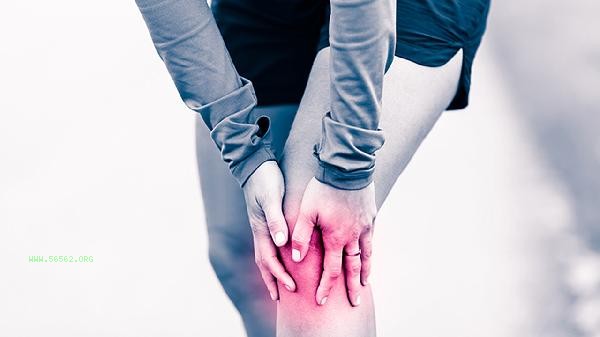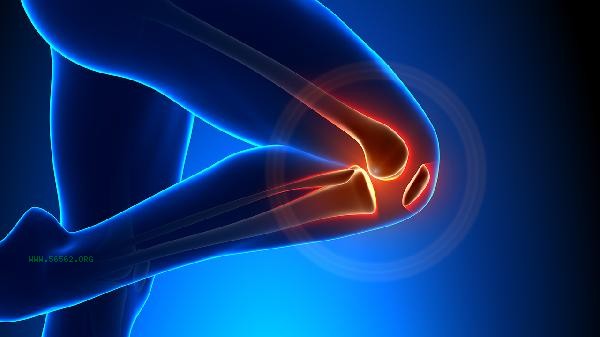Muscle and joint soreness may be caused by excessive exercise, poor posture, nutritional deficiency, inflammatory reactions, degenerative diseases, and other factors. Common causes include lactate accumulation, muscle strain, arthritis, osteoporosis, rheumatic diseases, etc.

1. Over exercise
Engaging in high-intensity exercise or repetitive movements in a short period of time can lead to the accumulation of lactic acid in muscles, causing temporary soreness. Insufficient warm-up or lack of stretching after exercise may worsen symptoms. This type of soreness usually subsides after rest, and appropriate massage and hot compress can help improve blood circulation.
Second, poor posture
Long term incorrect sitting or sleeping posture may cause sustained tension in specific muscle groups, leading to uneven distribution of joint pressure. People who sit for a long time in the office are prone to shoulder, neck, waist, and back pain. It is recommended to exercise every hour and use ergonomic chairs and pillows.
III. Nutritional Deficiency
Insufficient nutrients such as calcium, vitamin D, or potassium may affect muscle contraction and bone health. People with long-term picky eating or digestive absorption disorders may experience nighttime leg cramps or joint pain, and need to supplement dairy products, dark vegetables, and fish through a balanced diet.

Fourth, Inflammatory Response
Viral colds or bacterial infections may cause systemic muscle and joint soreness, accompanied by fever and fatigue. Autoimmune diseases such as rheumatoid arthritis can cause morning stiffness and symmetrical joint swelling and pain, which need to be diagnosed through tests such as erythrocyte sedimentation rate and C-reactive protein.
V. Degenerative Diseases
Osteoarthritis in middle-aged and elderly populations is common in the knee and lumbar joints, characterized by joint friction and stiffness during movement. Osteoporosis patients may experience spinal compression fractures due to minor collisions, and bone density testing can detect the risk early.

Daily attention should be paid to sufficient warm-up and stretching before and after exercise to avoid sudden increase in exercise intensity. During work breaks, gentle movements such as shoulder and neck wraps and waist twists can be performed. Add calcium rich dairy and soy products to your diet, and expose yourself to moderate sunlight to promote vitamin D synthesis. If the soreness persists for more than two weeks or is accompanied by redness, swelling, and fever, it is recommended to seek medical attention promptly to check for diseases such as ankylosing spondylitis and gout. Overweight individuals need to control their weight to reduce joint burden, and water sports such as swimming are more joint friendly.









Comments (0)
Leave a Comment
No comments yet
Be the first to share your thoughts!